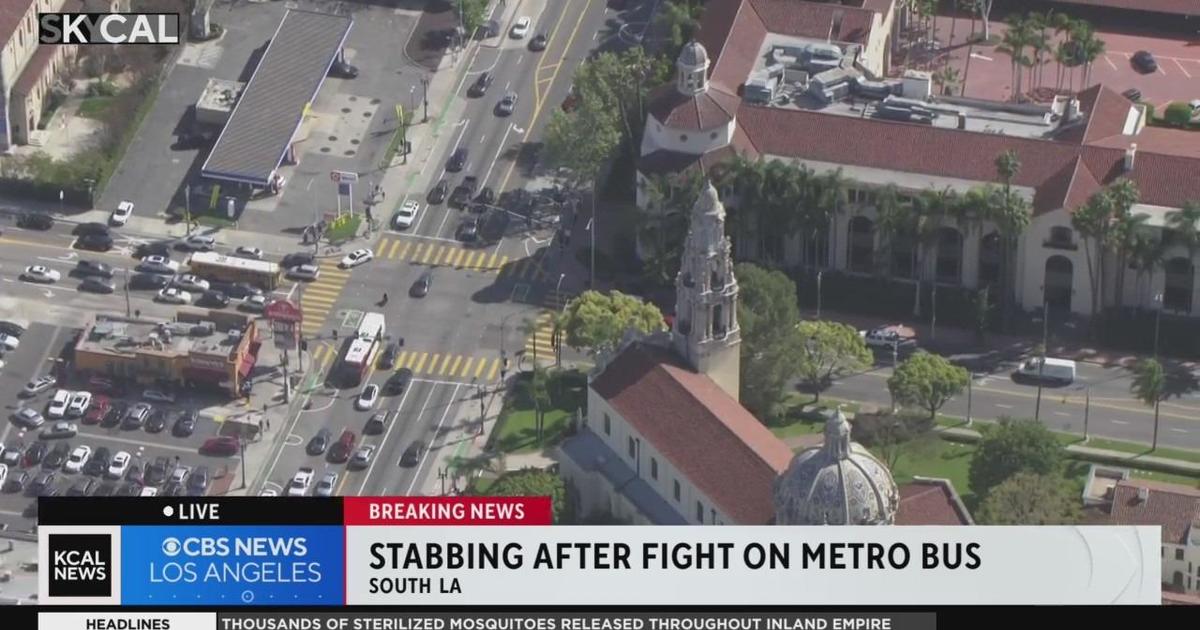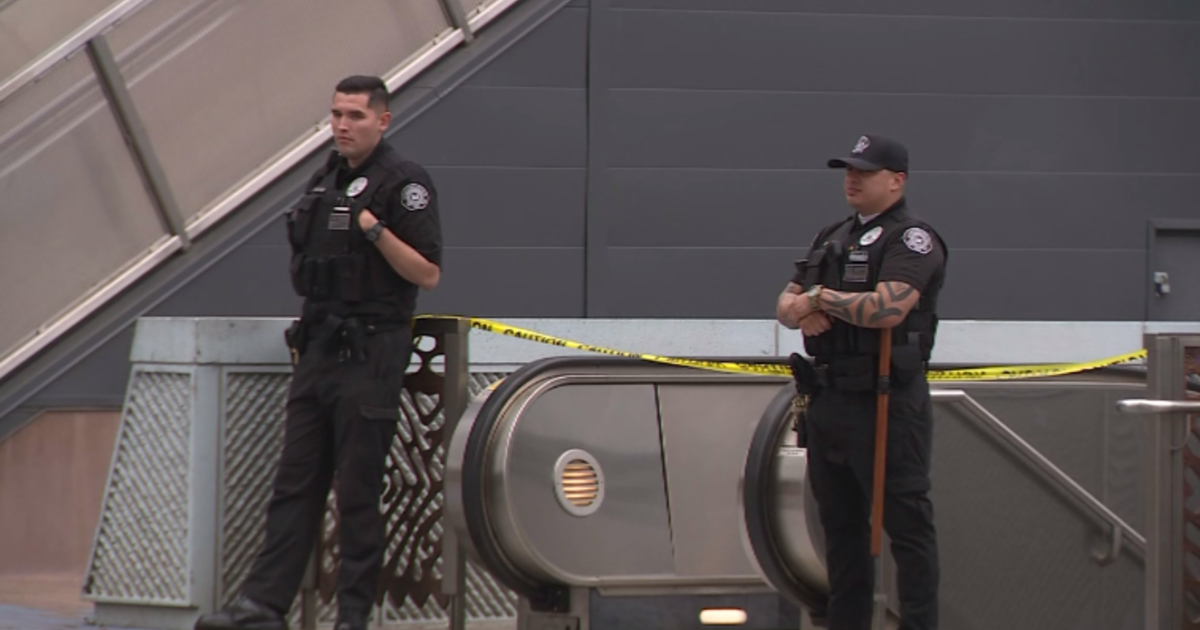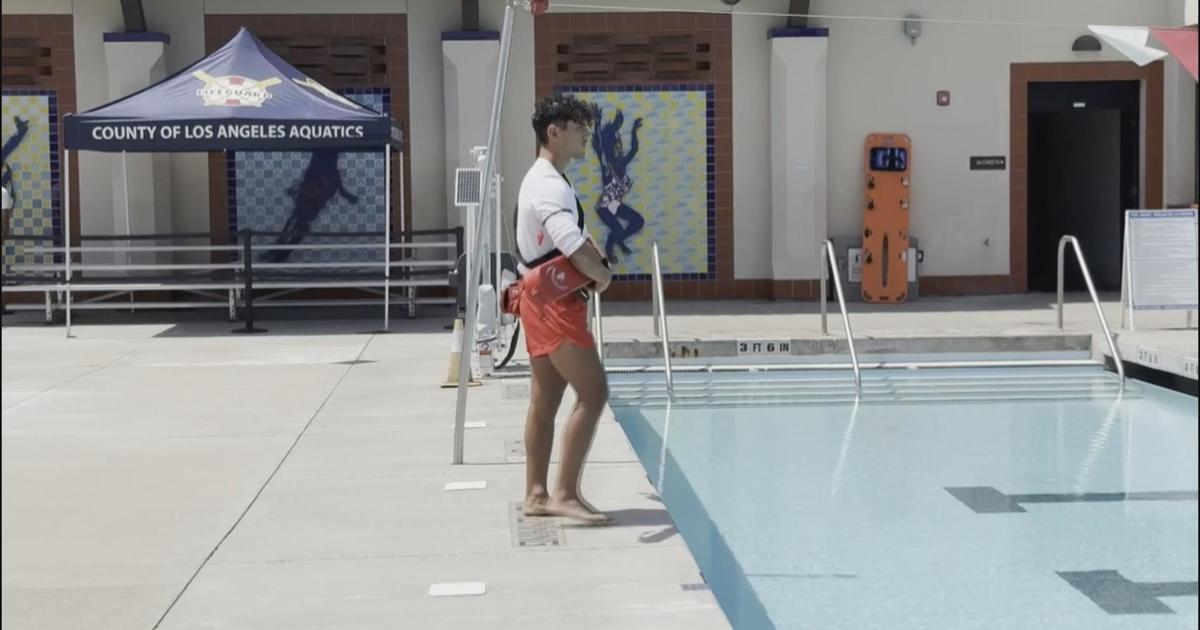Assemblywoman Wendy Carrillo introduces bill to seek reparations for families displaced from Chavez Ravine
Assemblywoman Wendy Carrillo introduced a bill on Friday that will seek reparations for the families that were displaced from the Chavez Ravine, now the home of Dodger Stadium.
Hundreds of families lost their homes by way of eminent domain or eviction in the 1950s, when the area, which contained the communities of Palo Verde, La Loma and Bishop, was slated for redevelopment and eventually turned into the home of the Boys in Blue. The assemblywoman's bill will seek to address that "historical injustice."
Now, Assembly Bill 1950, otherwise called the Chavez Ravine Accountability Act, will hope to provide reparations for those families that were impacted.
Carol Jacques was eight-years-old when her family home was lost via eminent domain.
"It was really traumatic and very difficult for me," Jacques, now 81, said. "Many of us were home owners. I want to say we were not a slum."
It's stories like hers that have inspired Assemblywoman Carrillo's bill. She spoke about AB1950 at a press conference on Friday, joined by Insurance Commissioner Ricardo Lara.
"By creating a public and searchable database detailing events around the land acquisition, this will foster transparency and education about this pivotal moment," Carrillo said.
Supporters say that reparations are appropriate in this instance, especially after seeing Bruce's Beach returned to the Black family that had the property ripped away from them.
"I think there needs to be some assurances within the process that it stays focused on those that benefitted financially, and not the taxpayers of Los Angeles," said David Hernandez the Vice Chair of the Republican Party of Los Angeles County.
, figuring out where reparations are necessary and to see who may qualify.
"We are going to take time to create a task force that does the investigation and the data-driven analysis," said Alfred Fraijo, the attorney behind the reparation efforts.
They are now looking at models across the country, figuring out where reparations are necessary and to see who may qualify.
AB 1950 still needs to go through a number of committees before lawmakers can vote on it. The timetable for when that could happen is not immediately clear.




